Social Media for Writers
Using social media for writers strategically has become indispensable to building a writing platform and connecting with today’s readers. Yet for authors focused on crafting captivating stories and nurturing creativity, tackling new virtual spaces can seem inherently at odds with writing goals. After all, time devoted to posting cuts into precious writing time. However, an invigorated online community offering encouragement can be equally vital to the creative process as isolated writing sessions.
Balancing promotion, vulnerability, and meaningful engagement poses a learning curve, as with any new skill. However, growing comfortable with social platforms multiplies a writer’s reach exponentially while facilitating profound relationships. With guidelines tailored to writing goals, social media transforms distraction into enrichment. The key lies in recalibrating perspective on the diversity of member groups now actively bolstering novice wordsmiths to established bestsellers alike. This ever-widening landscape leads no creator alone again.
Benefits of social media for writers: Build a Reader Community
One significant benefit of social media for writers is directly connecting with your target readership and cultivating an invested community around your work. Platforms like Twitter and Facebook allow you to interact with readers, answer questions, ask for input on your books, and foster ongoing conversations to strengthen engagement. You can share exclusive sneak peeks into new projects to get readers excited and more eager to support your latest release.
Market Efficiently
Promoting your writing through social platforms is often free and can help efficiently spread the word about your books. Using hashtags and relevant groups on sites like Facebook and Goodreads makes it easier to reach new readers who may be interested in your genre. Retweets and shares also introduce your writing to readers you may not have connected with otherwise.
Gain Feedback
An engaged social media following can provide helpful feedback on your writing through comments, reviews, likes, and dialogue. Hearing directly from readers allows you to learn what resonates and what may need refinement. Platforms like Wattpad even let fans critique chapters as you write so you can evaluate reactions in real time. This insight helps writers improve their craft.
Establish Credibility
An active social media presence demonstrates your dedication to writing and helps establish your credibility in the literary world. Following other authors and engaging in broader conversations makes you more visible as a knowledgeable community member. Regularly posting shows prospective agents or publishers that you are proactively building an audience.
In summary, strategically leveraging social media allows writers to connect with readers, efficiently spread awareness, obtain meaningful feedback, and showcase their writing dedication – all beneficial for aspiring and established authors alike.
Celebrity Writers Succeeding with Social Media
While honing craft remains vital for writers, developing an online presence now plays a crucial role in discovering and accessing opportunities. Savvy scribes can leverage social media to directly engage fans, showcase talent to publishers, and supplement writing income through existing platforms. Below are some of the most prominent authors who tapped the power of social media on their rise to bestseller fame and fortune:
Amanda Hocking – This indie paranormal romance/urban fantasy author used Facebook to create buzz around her self-published books. She built a reputation and fanbase by sharing content and interacting with genre readers, eventually selling millions of ebooks.
Beth Reekles – At age 15, this teen writer began uploading the draft novel The Kissing Booth to Wattpad. The enthusiastic online readership caught the attention of publishers. Book and Netflix film deals soon followed.
Andy Weir – His sci-fi novel The Martian first gained traction by being shared chapter-by-chapter on his website for fans. Reader interest later convinced publishers to take a chance on the niche book, which became a global blockbuster.
Seth Godin – Already an established business author, Godin leverages his popular blog to test ideas before publishing them in books and e-courses. His transparent creative process breeds loyal followers.
Rupi Kaur – This Instagram poet uses visual poetry on Instagram to spread messages of empowerment and connect with readers. Her fame led to over 3 million followers and lucrative book deals.
The success of such diverse breakout writers reveals how social platforms grant access and exposure like never before. While risks exist, visibility and feedback can be game-changing for emerging voices.
The Potential Downside to social media for writers
Distraction and Lost Productivity
While social media offers valuable marketing and media opportunities, it can distract writers attempting to focus on their craft. Getting sucked into frequent social notifications makes it tempting to check platforms like Twitter and Facebook regularly. However, compulsively scrolling comes at the expense of writing time and risks decreasing overall productivity. Writers have to be disciplined in limiting social media indulgence during writing sessions.
Negative Feedback
While constructive criticism is helpful, writers also make themselves vulnerable to abusive comments, damaging reviews, and online negativity by promoting their books on social media Sensitive artists who tie their self-worth to their work may internalize and obsess over cruel feedback. And heated social debate can sometimes ensnare writers unprepared for volatile conversations. There is a need to develop thick skin before putting yourself out there.
Social Comparison
While media on Twitter or engaging in writer forums on Facebook, it’s easy to start comparing yourself and your successes to other authors. However, getting caught up in social comparison rarely leads to lasting contentment and self-confidence. Rationally, writers know each book/career follows its path, but emotionally, it’s still difficult to avoid questioning your progress when exposed to peers’ achievements.
Privacy/Piracy Concerns
While building anticipation by posting snippets or quotes from upcoming works makes sense promotionally, it also means relinquishing creative control and ownership. Images and sentences taken out of context can be distorted, while unpublished excerpts are vulnerable to potential plagiarism and piracy concerns — especially on sites allowing for effortless screenshot captures.
In essence, while social media facilitates networking for authors, it also opens the door to distraction, criticism, comparison traps, and piracy risks and requires firm boundaries to prevent creative paralysis. Treading carefully is critical.
Navigating social media can be tricky for writers, but when used strategically, it can be invaluable for connecting with readers and promoting your work. With so many platforms, you must focus on the sites that make the most sense for your goals and genre. The most effective strategy is to identify 1-3 ideal platforms, create high-quality content consistently, and experiment to see where your target audience is most engaged. From driving website traffic to facilitating reader feedback to spread the word about new book releases efficiently, social networking offers powerful tools ‒ when optimized for an author’s specific needs. Below are some top recommended platforms for writers to help expand your reach, foster community, and boost your publishing profile.
- Twitter – Great for sharing short snippets, engaging with readers in your genre, networking with other writers, and driving traffic to your website/blog. You can build loyal followers here.
- Facebook – Allows for longer-form posts and status updates. Suitable for sharing excerpts, behind-the-scenes of your writing process, exciting research, or articles. You can also network in FB writer groups.
- Instagram – The visual platform is excellent for sharing aesthetically pleasing book/writing-related images and behind-the-scenes glimpses at your workspace or writing inspiration. Use relevant hashtags.
- Goodreads – Writers need to engage with readers around books and get early reviews for upcoming releases. Connect directly with your target audience.
- Wattpad – Share parts of your unpublished writing to gain a following. Allows for reader comments chapter-by-chapter. People here may become loyal future fans.
- BookBub – Useful to join as an author to promote deals, discounts, and new releases about your published books to subscribers who love reading in your genre.
- Medium – Blog platform where you can post long-form content about any element of writing, from research to publishing advice, to boost SEO and establish credibility.
- Meetups – Platform for finding local in-person groups united by common interests such as writing genres, creative goals, hobbies, etc. It is ideal for writers seeking nearby networking events, workshops, critiquing sessions, or communal motivation/accountability to stay productive.
A note on X, formally known as Twitter. There is still a thriving community of writers on Twitter. The hashtags you want are #WritingCommunity #amwriting. There are others, but these will get you started. I’m on Twitter, too. Follow me at @realeverywriter
The best approach is likely to focus on 1-3 platforms and contribute high-quality content consistently. Experiment to see where your ideal readers are most active.
By focusing efforts on just a few platforms and keeping up quality engagement with readers and fellow writers, authors can leverage social media meaningfully without spreading themselves too thin or overwhelmingly distracted. Finding the right communities and using tools strategically to share updates and snippets from your writing can organically grow your fanbase and establish credibility. While social networking does require commitment, boundary-setting, and thick skin, the connections forged and visibility gained amongst targeted book lovers make it an invaluable component of a contemporary writer’s career. Experiment thoughtfully to determine which spaces best resonate with your work and writing aims.
Dos and Don’ts
Effectively using social networking can help writers expand their readership and author platform, but promoting your work online comes with certain etiquette to maximize success. Before tackling Twitter, Facebook, and other sites, it’s wise for authors to understand some dos and don’ts for how to curate an online presence best. The goal should be to foster genuine connections with readers, not just gain likes or followers. There is a balance between comfortably being yourself while avoiding self-sabotage. Strategic social media allows writers to give fans a glimpse into their work while organically growing a loyal community.
However, obsession over analytics or criticism can become destructive. With the proper guidelines, writers can take full advantage of social networking exposure while avoiding common pitfalls. Below are crucial best practices for writers cultivating their brands and interacting on digital platforms.
DO:
- Share snippets, quotes, or tidbits from your writing to give followers a taste of your work
- Engage with readers and build a community around your books
- Use hashtags strategically to reach new readers who may be interested in your genre
- Follow other writers and interact genuinely with them to form connections
- Post regularly, but not too much – quality over quantity
- Be yourself and let your personality come through
- Respond thoughtfully to comments and feedback from followers
DON’T:
- Overpromote constantly – mix in other content people would enjoy
- Get involved in heated arguments or react defensively to criticism
- Post very long excerpts from your writing
- Spam others with follows and likes if you don’t read their content
- Upload rough drafts or unedited samples of your work
- Violate copyright laws by reposting entire passages from other writers
- Insult readers for not understanding or connecting with your books
- Obsessively check stats or get discouraged by numbers – focus on writing
One of the essential lessons of using social media effectively as a writer is finding a balance in how you connect and interact with readers. Being authentic and opening up to give others a glimpse into your author’s life can go a long way in forging sincere relationships and cultivating a dedicated readership. Short updates about your writing progress, snapshots of your workspace inspiration, or even relevant personal anecdotes allow fans to understand the person behind the pages better. Sharing carefully selected snippets, poems, or passages from works in progress generates excitement about your future creations. Making the sort of content you would enjoy signals to your audience the type of communication that most interests you, too. This spirit of openness helps echo your passion while drawing more intimate connections through candor.
However, creators who overshare to gain likes or obsessively self-promote risk alienating potential fans rather than winning them. Aggressively providing constant links with “buy my book” type messages tends to have an off-putting salesy vibe, making followers feel more like targets than valued community members. Savvy social media writers calibrate their promotions judiciously and tie them into broader valuable conversations. It becomes a delicate balancing act between warmly engaging readers and allowing connection to flourish organically versus forcefully pushing your agenda or personality onto others because you crave recognition. Sincere, thoughtful interaction ultimately wins over the most significant long-term support. The basis for quality relationships, including author-reader ones, lies in respect. And the best writers on social platforms keep that ethic at the core of their online conduct.
As you navigate using social networking and other online spaces as an author, it is crucial to keep perspective regarding the diversity of benefits these platforms offer. While promoting your published writing is one prominent aspect, connecting to other creators and becoming part of thriving creative communities provides even greater long-term value for writers in various stages of development. Many writing communities facilitate more than just touting accolades or increasing sales metrics. They are designed to meaningfully support writers on craft, voice, inspiration, and overcoming obstacles on the long journey from blank pages to polished drafts. Making a habit of contributing thoughtfully, listening earnestly to fellow writers, and making an effort to forge genuine personal connections can nourish your skills and spark tremendous growth professionally and personally.
There is a broad spectrum of writing communities to explore, ranging from informal local writers groups focused on peer feedback and critique partnerships to prominent international member organizations hosting writing awards and conferences to intimate online spaces designed to flex daily writing muscles or unload their creative struggles. While intimidating at first, putting yourself out there and participating in such groups builds resilience while surrounding you with friends in the trenches who know the specific highs and lows of creating. Their camaraderie helps convert the isolating process into a shared purpose. Over time, listening to the hurdles and breakthroughs of others normalizes the chaotic road of writing, too. Through communal support, you gain knowledge untapped in solitude. The care this vast web of writers shows circling back to cheer one another’s milestones demonstrates actual best practices for the field. At their core, writing communities understand and amplify each other’s voices. Your distinctive experiences only widen that resonating chorus. So, use social platforms and local resources as megaphones and spaces safe enough to set old fears aside and transform isolation into lasting inspiration.
Online Writing Communities:
- Scribophile – Online writing group with critique partners and writing workshops
- Critique Circle – Get feedback by critiquing other people’s writing
- Absolute Write – Large online community of writers with forums on all writing genres.
- Writers Digest Online Community – Discuss writing and get expert advice.
- Reddit Writing Subreddits – Such as r/writing, genre-specific groups like r/fantasywriters
- Goodreads Groups – Join groups focused on your writing genre.
- Writers Cafe – Connect with other writers and participate in workshops.
- Zoetrope is a beautiful writing group; famous film director Francis Ford Coppola founded the magazine and organization to help writers.
- National Novel Writing Month – The only organization that gets you to write an entire novel monthly. They are an enthusiastic group.
- Writing.com – Started as stories.com years ago. You can create a profile, but the site is a mix of old technology that is a little difficult to use
In-Person Writing Communities:
- Writing Conferences: Attend conferences and network with fellow writers
- Book Clubs: Join a club or start your own to discuss works
- Open Mic Nights: Read your works to an audience and listen to others
- Writers Groups/Workshops: Meet up with local writers to exchange feedback
- Public Library Groups: Many host free genre-specific critique groups
- Partner Critique Exchanges: Find a writing partner to critique each other’s work
In closing, social media allows stories and creativity to thrive across the isolation writers often face. Platforms once feared as attention-stealing time sucks now drive collaboration, inspiration, and readership. Yet that connectivity depends on members upholding community standards – amplifying diverse voices, cheering wins small and large, and offering compassion that cuts critique with care. Progress ceases without space safe to take creative risks. And the most receptive audiences for any writer are fellow travelers at various waypoints of the writing path. So use the tools at your disposal, but always keep sight of the people behind posts. They are partners on the journey, not metrics. And the accurate measure of good writing is not algorithms, but the allies made and hope shared while striving together. Wherever you are on the writing road, someone is further ahead, clearing the way, while others gain courage following in your footsteps. Please leave us a comment, and you might be interested in some of our other writing tips.
- The Writer’s Roadmap: Embracing Outlining (Free Worksheet Included!) - April 15, 2025
- A Complete Guide to the Hero’s Journey in Storytelling (Free Worksheet) - April 10, 2025
- On Literary Criticism by Ambrose Bierce - April 9, 2025

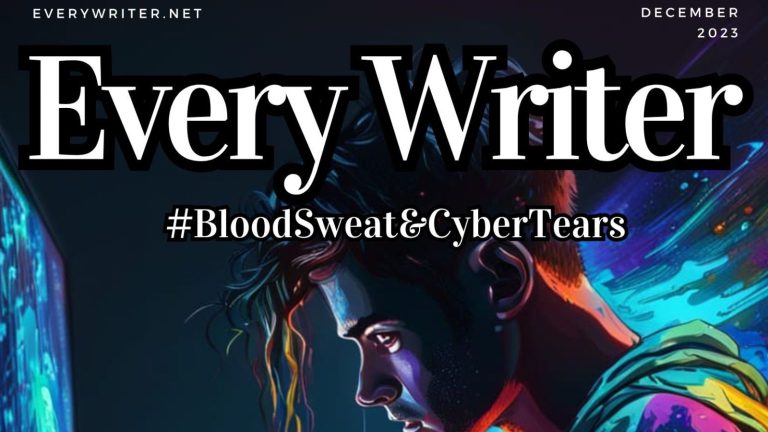
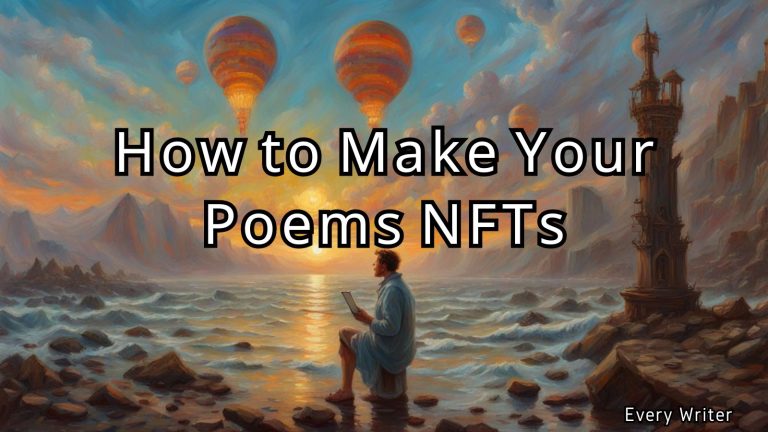


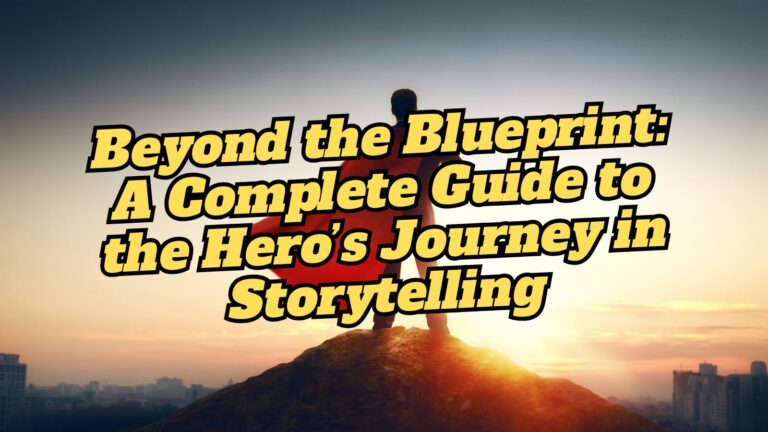
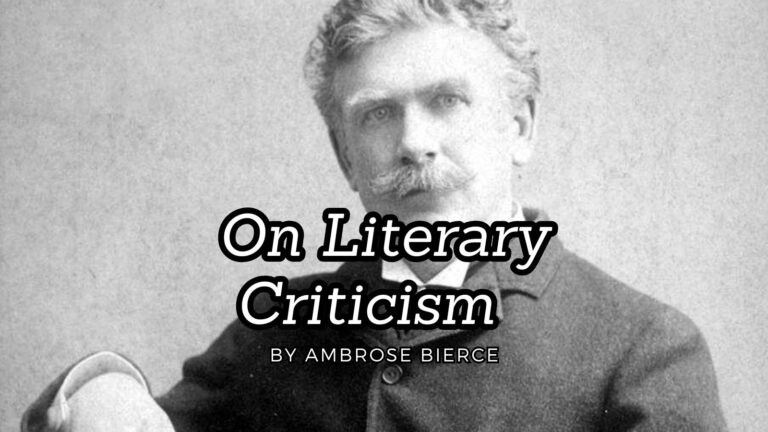
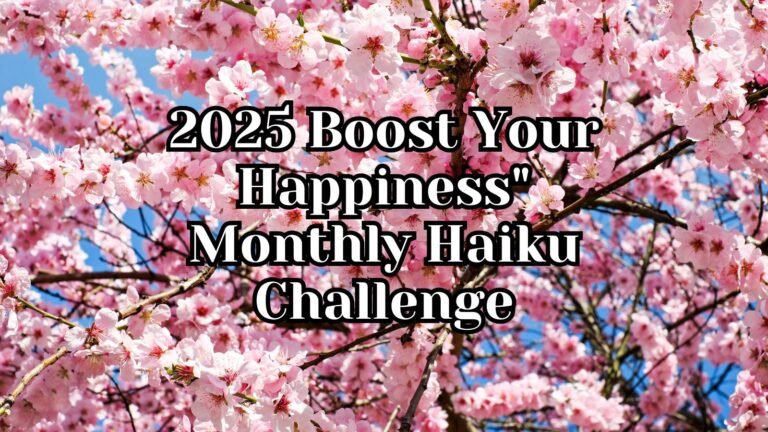
https://el-harmeen.com/
https://techosols.com
Best Cat Food Brands in Pakistan:
https://cheowpeow.com
Wet Cat Food
https://cheowpeow.com/products/beef-chunks-in-gravy
https://cheowpeow.com/products/beef-creamy-delight
Cat Food in Lahore
https://cheowpeow.com/products/chicken-chunks-in-gravy
https://cheowpeow.com/products/chicken-creamy-delight
Cat Food Brands in Pakistan
https://cheowpeow.com/products/fish-chunks-in-gravy
https://cheowpeow.com/products/fish-creamy-delight
Restaurants in Lahore
https://zouqesaeed.pk
Food Canning in Lahore
https://foodcanning.foodtogo.pk
Ten Ten Nail Colors:
https://tentennailcolor.com
Organic Plants in Lahore
https://organicplantfarm.pk
organic plants buy online
https://organicplantfarm.pk/product/leaf-beet-bright-yellow-chard/
https://organicplantfarm.pk/product/horn-pepper/
https://organicplantfarm.pk/product/hot-pepper-demon-red/
https://organicplantfarm.pk/product/thai-bird-chili/
Ten Ten nude colors
Nude Color Nail Polish
Mehroon Nail Polish
https://tentennailcolor.com/collections/glossy
Ten Ten Nail Polish
https://tentennailcolor.com/collections/shimmery-pearl
Tenten
https://tentennailcolor.com/collections/matte
Keune Sulphate free
https://www.keunepakistan.com
Keune Tinta Colors
https://www.keunepakistan.com/collections/tinta
Keune Hair Care
https://www.keunepakistan.com/collections/care
Driving school in UK – Watford – IQ Driving School
https://www.iqdrivingschool.co.uk/
Watford driving lessons – IQ Driving School
https://www.iqdrivingschool.co.uk/packages
Sivanna Colors
https://sivanna.com.pk
Ready to Cook
readytocook.foodtogo.pk
STD Cosmetics
stdcosmetics.com
Sivanna Cosmetics – Sivanna Colors
sivanna.com.pk
Neva Hair Colors
https://www.nevapakistan.com
https://www.nevapakistan.com/collections/hair-colour-products
https://www.nevapakistan.com/collections/neva-natural-colour
https://www.nevapakistan.com/collections/botanic-colour
Neva Men Hair Dye
https://www.nevapakistan.com/collections/neva-men